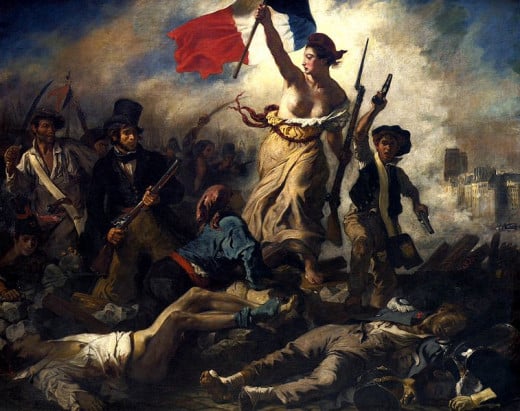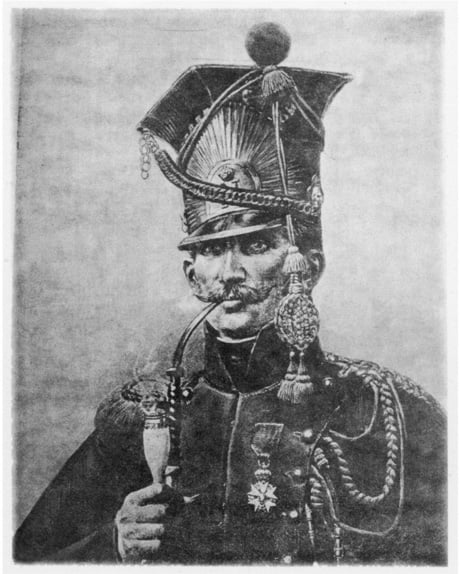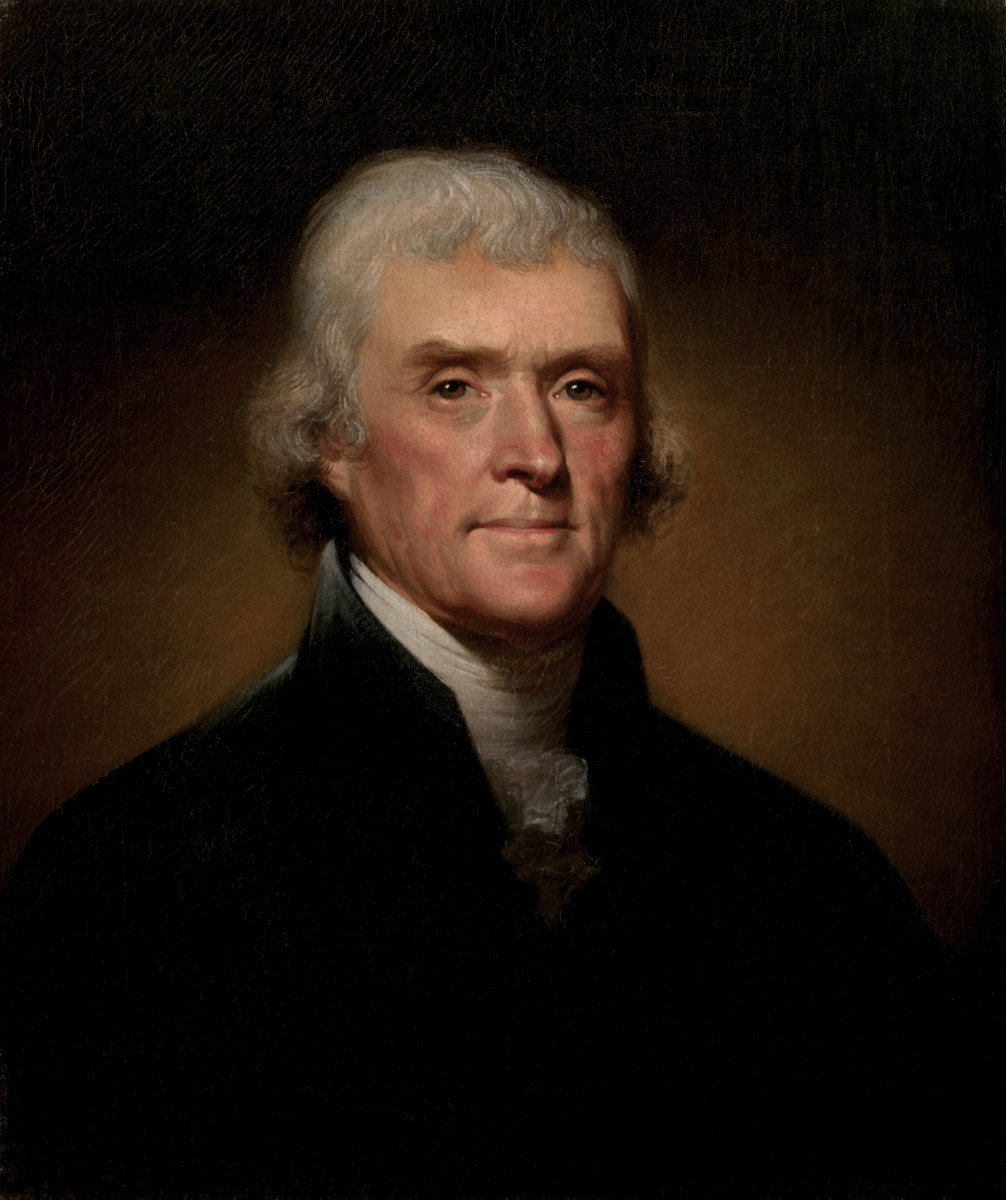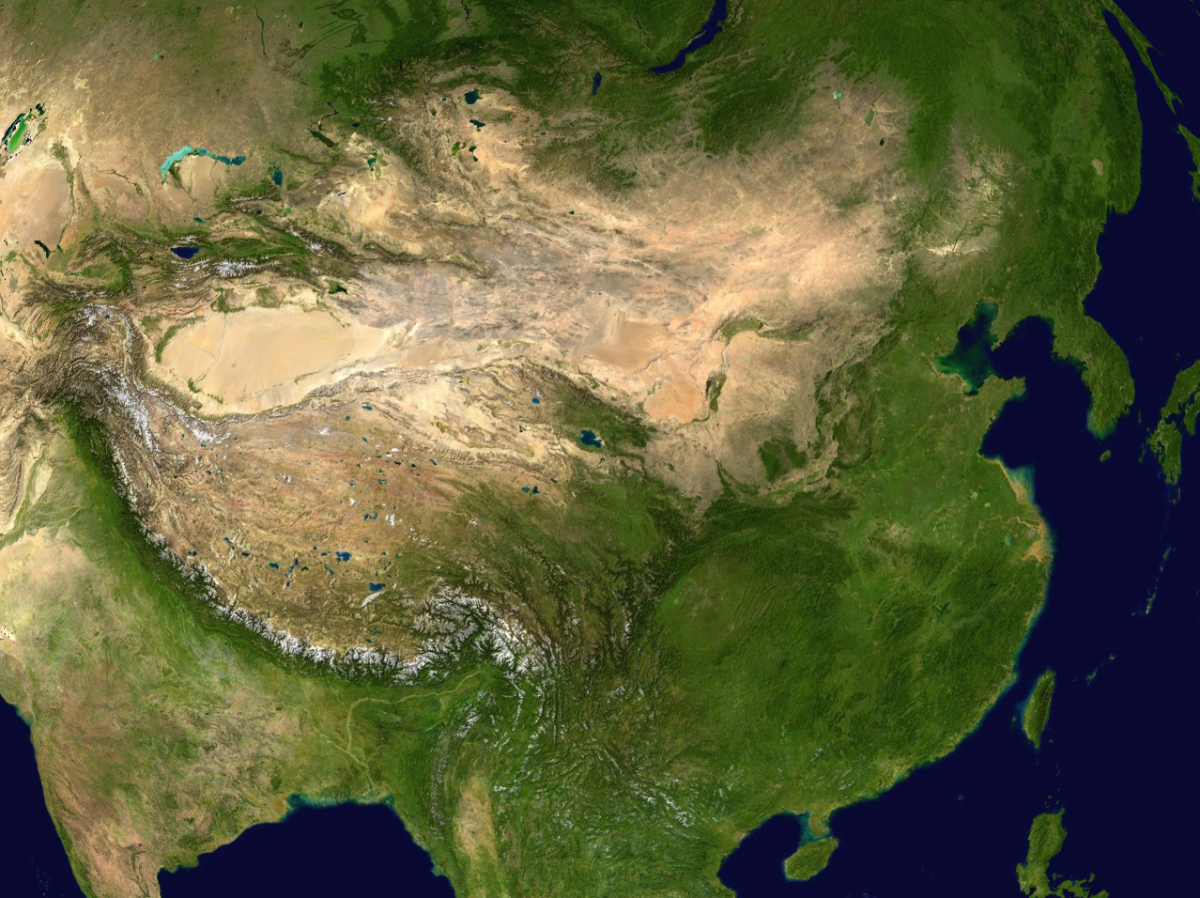Our Country: A History Of Nationalism
Liberty Leading The People

American Pride
"Our country...may she always be in the right; but our country, right or wrong."
Stephen Decatur, US Naval Officer, 1816.
The Birth Of Modern Nationalismm
Background
Until the 18th century, the idea of the nation-state was very much linked to the monarchy, whilst smaller states were unified by their shared language and culture.
At this time, Europe comprised a small number of powerful kingdoms; Britain and France, with dynasties stretching back over a thousand years already, while the likes of the Netherlands, Portugal, Spain and Sweden had emerged between the 15th and the 17th centuries. It was only in politically independent kingdoms like these, that any sense of nationhood existed. This was reinforced by loyalty to the crown, the flag, and, later by patron saints.
In smaller states and principalities (territories ruled by a prince), political loyalties were very localised, but there was a sense of unity, reinforced by a common language and culture. In 1765, the German historian Friedrich Meinecke observed a single national spirit even 'where 20 principalities could be seen during a day's journey'.
The term nationalism describes a loyalty to one's nation, pride in its history and culture, a belief that its interests are of primary importance, and a patriotic desire to achieve or maintain its independence.
Nationalism emerged as a political force in the late 18th century and since then the idea that nations have the right to form their own political states have shaped the map of the world as we know it today. This ideal, known as national self-determination, inspired major upheavals such as the American Revolution, provided the impetus for smaller nations to seek independence from large empires, and encouraged nations divided into a collection of small states, or principalities, such as Germany and Italy, to seek unification.
The First Chauvinist

Nicolas Chauvin (1790-Unknown)
Chauvin was an idealistic young soldier whose fierce patriotism remained undiminished even though he was wounded numerous times while serving in Napoleon's Grande Armee. Napoleon decorated Chauvin with the Sabre of Honour, but when his brand of unquestioning nationalism fell out of fashion he found himself satirised in several French plays, As a result of his unfortunate fame, the name 'chauvinist' is now applied disparagingly to those who display excessive belief in the superiority of their country or of any other cause they embrace.
Nations Or Nationalism
Although the word 'nation' is commonly used to describe a state or country, it is technically a group of people united by ethnicity, culture, language, and/or religion. A state is defined as a geographical territory with its own independent government. These are not always the same thing; for example, the Kurdish people are a nation with no defined state, while South Africa, under apartheid was a state whose nations were forcibly divided (hence its new self image as a multi cultural 'Rainbow Nation'). A country whose state boundaries correspond to those of a particular nation is described as a nation state.
The precise origins of nationalism are unclear. One idea, called primordialism, is that nations are simply the outward, territorial expression of the divisions between people of different ethnicity or culture. This idea of 'cultural nationalism' was first expressed by the 18th century German philosopher Johann Gottfried von Herder. He believed that nature had separated nations by 'languages, inclinations, and characters'. Opposition to this idea states that the concept of nationalism came first, followed by the artificial creation of nations, for political or economic reasons. In the 20th century, Czech-born British social philosopher Ernest Gellner said: 'Nationalism is not the awakening of nations...it invents nations where they do not exist'. More recently, it has been proposed that national identities evolve by merging with new ethnic and cultural influences.
Today the idea of the nation state is well established, but that was not always the case. Until the Medieval Period indeed, most people's loyalties were very specific: to their tribe, religious leader, or feudal landlord. As people developed a sense of nationhood they began to demand the right to self government. In America and France the liberal ideals of freedom, equality, and brotherhood (fraternity) led to nation states that granted their citizens unchallengeable rights and were governed in the name of the people.
Nazi Propaganda

The Ugly Side Of Nationalism
The Consequences Of Nationalism
Once nation statehood had been achieved, some less savoury aspects of nationalism emerged. Napoleon tried to impose the French identity on much of Europe and the belief that the United States had a 'manifest destiny' to take over North America came at the expense of the native population. The idea that the nation state should cherish itself above all others could lead to racism, religious intolerance and imperialism. The British politician Cecil Rhodes said 'if there is a God, then He would like to see me...colour as much of the map of Africa British red as possible.' Britain's imperialism went on to encourage nationalist movements within the territories of its empire.
Into the 20th century and nationalism showed its two faces, freeing some, while subjugating others. Nowhere was this better demonstrated than in the relatively young nation of Germany, firstly under Kaiser Wilhelm, then Adolf Hitler. However, German nationalism and desires of German unification were already well known by the end of the Napoleonic Wars. In 1815, the very year Napoleon's regime was defeated once for and all, the French foreign minister Charles-Maurice de Talleyrand-Perigord wrote the following on German nationalists: 'The unity of the German Fatherland is their slogan, their faith and their religion, they are ardent to the point of fanaticism...Who can where a movement of that kind might stop?' The fanaticism described here was taken to its most extreme by Hitler in the form of fascism. He was able to take advantage of the extreme nationalist sentiment that already existed to seize power, and ultimately wage war against the rest of Europe.
After the fall of Hitler's Nazi regime in 1945, nationalism movements played a huge role in bringing independence to former European colonies all across the world, but most notably in Africa (Egypt and Algeria), and Asia (Indonesia). However, the ugly side of nationalism was never far away, acting as a major cause of numerous civil wars, and barbaric acts of genocide, as was seen in Rwanda and Yugoslavia. Moreover, nationalism was, and still is at the core of certain terrorist groups such as the IRA, who fought the British Army for control in Northern Ireland, and also the ETA group in Spain, who have long championed Basque independence.
© 2014 James Kenny








